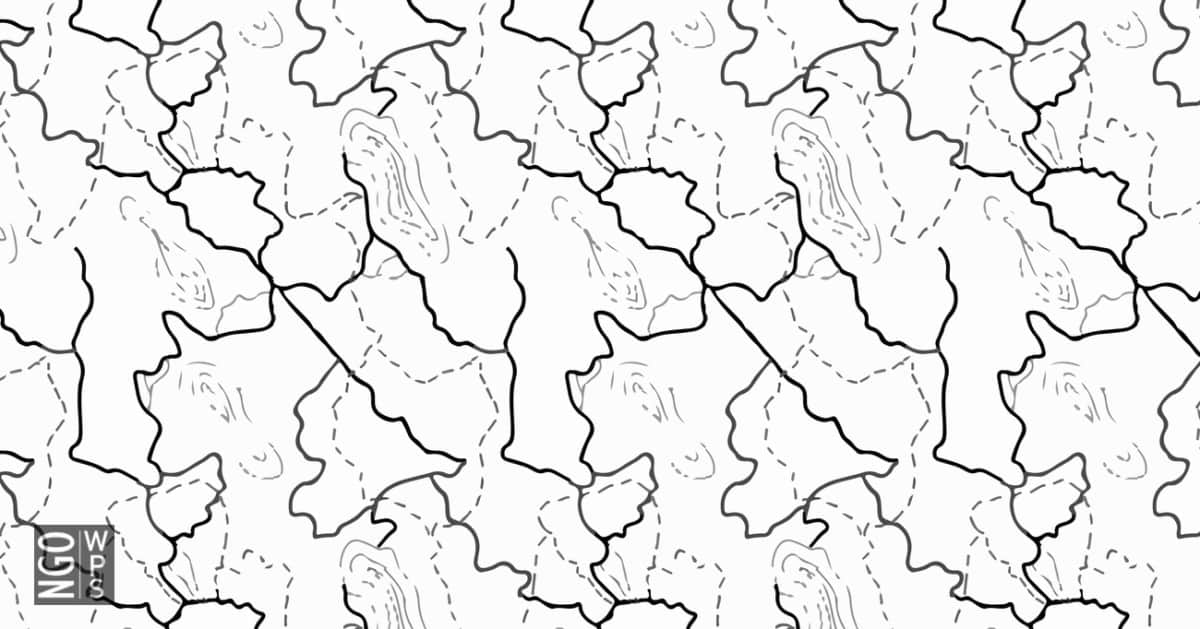Guinea-Bissau
Guinea-Bissau
Under a government that continually fails to enforce gender equality legislation, women in Guinea-Bissau face high levels of poverty, domestic violence and sexual and gender-based violence.
Despite a women’s political platform developed in 2008, women’s participation in parliament remains low. Guinea-Bissau acceded to the Convention on the Elimination of All Forms of Discrimination Against Women (CEDAW) in 1985, and launched a National Action Plan per Resolution 1325 in 2011. In the same year, Guinea-Bissau passed a law aimed at ending female genital mutilation/cutting (FGM/C). Lack of prosecution for rape, exacerbated by widespread impunity and corruption, eliminates the effectiveness of laws making SGBV illegal.
Based on the work of NGOWG members and their partners, the NGOWG calls for an end to impunity in Guinea-Bissau, and encourages gender mainstreaming as a priority for the UN Integrated Peacebuilding Office in Guinea-Bissau (UNIOGBIS).
Current and Past Recommendations to the UN Security Council (Monthly Action Points)
The comprehensive review of the UN Integrated Peacebuilding Office in Guinea-Bissau (UNIOGBIS), due by 30 January 2015, will include the recommendations from the UN strategic assessment mission. The Security Council should continue to call for reports to include information and analysis on efforts to mainstream women, peace and security across all work within the mission especially in the context of the mission’s efforts to support the activities of the Steering Committee on SSR and the efforts made by the ECOWAS Mission in Guinea-Bissau (ECOMIB).
Relevant Resources











